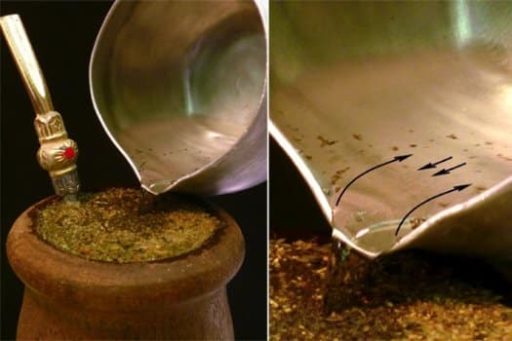A group of researchers who were studying Worm found that Microscopic worms live longer in space. This overwhelming information was found by University of Nottingham scientists who carried out experiments with thousands of small Caenorhabditis elegans (Scientific name C. elegans) at low-earth orbit over years. Researchers found that space messed with their (worm) genes.
An international group of scientists was studying the loss of bone and muscle mass experienced by astronauts after extended flights in space. The Caenorhabditis elegans experiments were part of the study. The results of the experiments were published in Nature, last week.
The team reported that toxic proteins usually accumulate in the worms’ muscles on Earth. But these very toxic proteins were almost non-existent in orbit. In other words it appeared to scientists that the low gravity environment inactivated certain genes associated with ageing.
Lead researcher Dr. Nathaniel Szewczyk said that his team from the University of Nottingham identified seven genes whose suppression could help the worms live longer under laboratory conditions.
Dr Szewczyk said, “We are not entirely certain, but it would appear that these genes are involved in how the worm senses the environment and signals changes in metabolism in order to adapt to the environment.”
That means, there’s no guarantee that these results could be replicated outside the lab. The scientists said that the research was crucial for them to understand exactly how long humans can live in space. The team has published the video in line with their findings. To see the video, head over to The University of Nottingham.
Source : The University of Nottingham
Special Thanks To : Nature
[ttjad keyword=”nokia-smartphone”]



